EIN delivers first thematic training for NGOs on ECtHR judgment execution
/Addressing challenges in implementing asylum & migration cases
On 11 and 12 October 2018, the European Implementation Network (EIN) organised its first thematic training seminar for non-governmental organisations (NGOs). The event, which took place at the European Youth Centre in Strasbourg, brought together 17 civil society representatives from across Europe to explore ways to advocate for the implementation of judgments of the European Court of Human Rights (ECtHR, ‘the (Strasbourg) Court’) in the field of asylum and migration.
Participants in the Training. Photo: EIN
NGOs in Council of Europe (CoE) member states possess a wealth of data and knowledge from the ground about domestic legislation, policies, administrative and judicial practices affecting the rights of asylum seekers, refugees, and migrants – information that is arguably crucial to be brought to the attention of the Committee of Ministers, the CoE’s decision-making body responsible for assessing whether a state has complied with its obligation to implement, or ‘execute’, the judgments handed down against it by the Strasbourg Court.
Especially (but not exclusively) where implementation is protracted or stalled, civil society can inject a degree of urgency into the judgment execution process, contribute to changing its direction, or prevent the CM from ending its supervision of the execution process prematurely. One powerful, but strikingly underutilised avenue for doing so is for NGOs and National Human Rights Institutions (NHRIs) to submit information to the CM in accordance with Rule 9.2 of the Rules of the Committee of Ministers. Yet, the total number of civil society submissions is very low, as stressed by EIN Co-Director George Stafford at a recent committee hearing at the Parliamentary Assembly of the CoE.
The thematic area of asylum and migration forms no exception in this regard. Important judgments remain unimplemented, and a number of cases have been pending before the CM for many years. The space for domestic advocacy for the rights of some of the most vulnerable members of our societies is shrinking in several states across Europe, with populism and anti-immigrant sentiment being on the rise. Still, NGOs have intervened in only a handful of asylum and migration related cases by submitting ‘Rule 9’s, notably because information about how the process works is not readily available.
EIN regards the lack of civil society engagement in the judgment execution process as among the key reasons for prevailing implementation challenges. Our training activities aim to enable NGOs to meaningfully engage with the judgment execution process, thus allowing for a balanced assessment on the status of implementation of many important ECtHR cases.
Thus, EIN’s thematic training seminar on making effective Rule 9 submissions to advance implementation of ECtHR judgments in the field of asylum and migration covered a number of topics over the course of one-and-a-half days.
The seminar was preceded by a thematic briefing on implementation challenges in the field of asylum and migration, organised jointly by EIN and the Open Society Justice Initiative as a side-event to the autumn part session of the Parliamentary Assembly of the Council of Europe (PACE).
The first session of the training itself was devoted to presentations by two representatives of the Council of Europe’s Department for the Execution of Judgments and by EIN Bureau members about the CM judgment execution process and the avenues for NGOs to engage with it. This was followed by selected participants sharing their experience of researching and drafting Rule 9.2 submissions in relevant cases against Italy, Greece and the Russian Federation. Building upon this foundation, an interactive group exercise on how to decide on the scope, and develop the content and recommendations in a Rule 9.2 submission regarding one of three cases currently pending before the CM concluded the first day of the training.
The second day broadened the focus beyond Rule 9 submissions, kicking off with a presentation on EIN’s Strasbourg-based advocacy. Together with representatives of the CoE’s European Programme for Human Rights Education for Legal Professionals (HELP) and the Office of the Commissioner for Human Rights, participants then explored ways to engage CoE entities other than the Committee of Ministers and the latter’s secretariat in their efforts to promote implementation of asylum and migration related ECtHR judgments. The ultimate session had participants brainstorm about tangible ways to move forward in their advocacy regarding specific cases, and about how to overcome prevailing obstacles to full and effective implementation.
EIN wishes to thank all participants and all speakers from the Council of Europe for their active contributions to this seminar. With participants having been selected on the basis of the anticipated impact for human rights of the work they are carrying out (or planning to carry out) to promote the implementation of specific ECtHR judgments in their country, EIN is looking forward to seeing training participants submit Rule 9s in the cases they are working on.
Your NGO is also considering preparing a Rule 9 communication? Consult EIN’s Handbook for NGOs on implementation of judgments of the European Court of Human Rights for helpful tips, and get in touch with us (director@einnetwork.org) if you are seeking further advice on how to research and draft your submission.
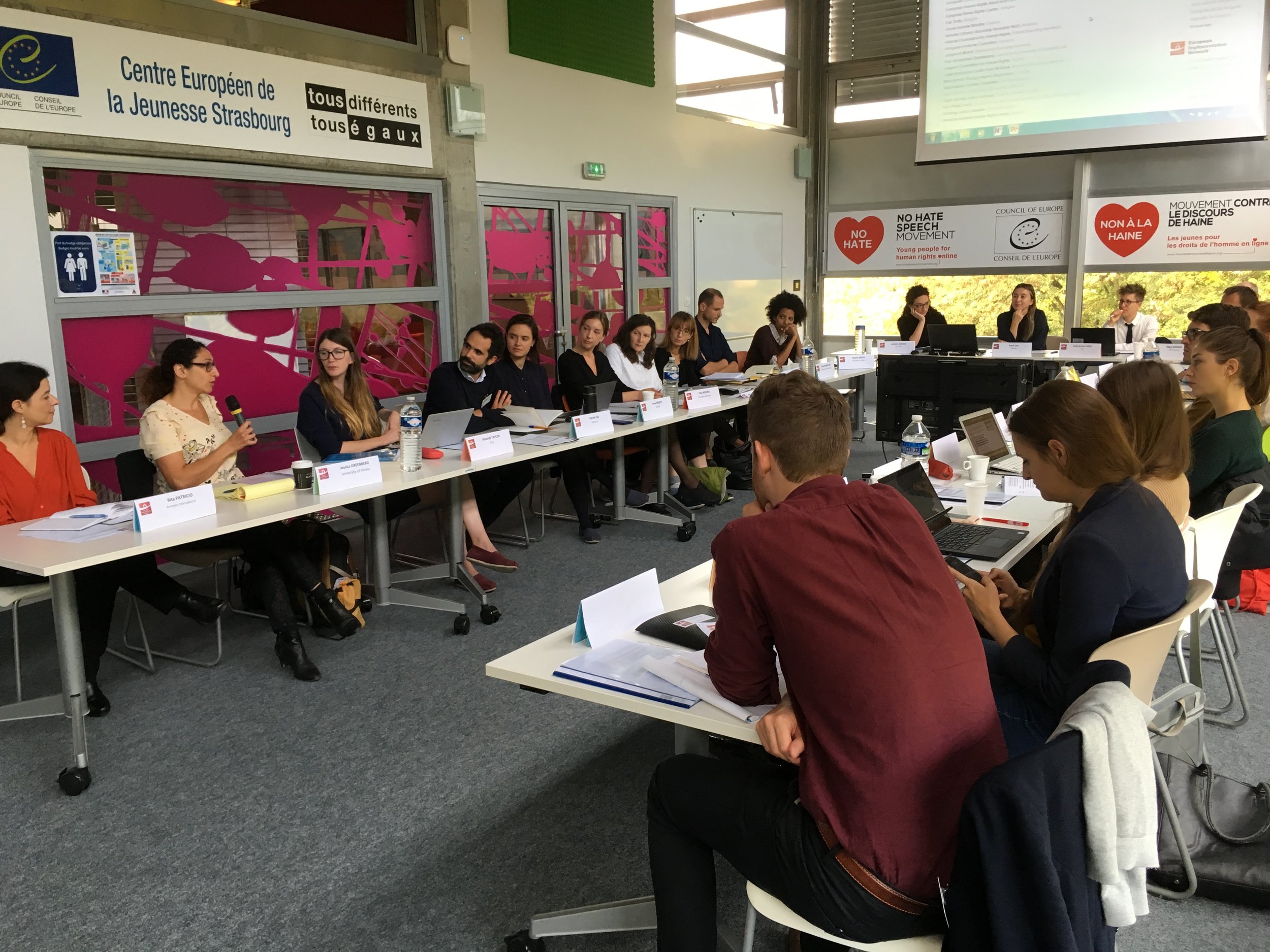
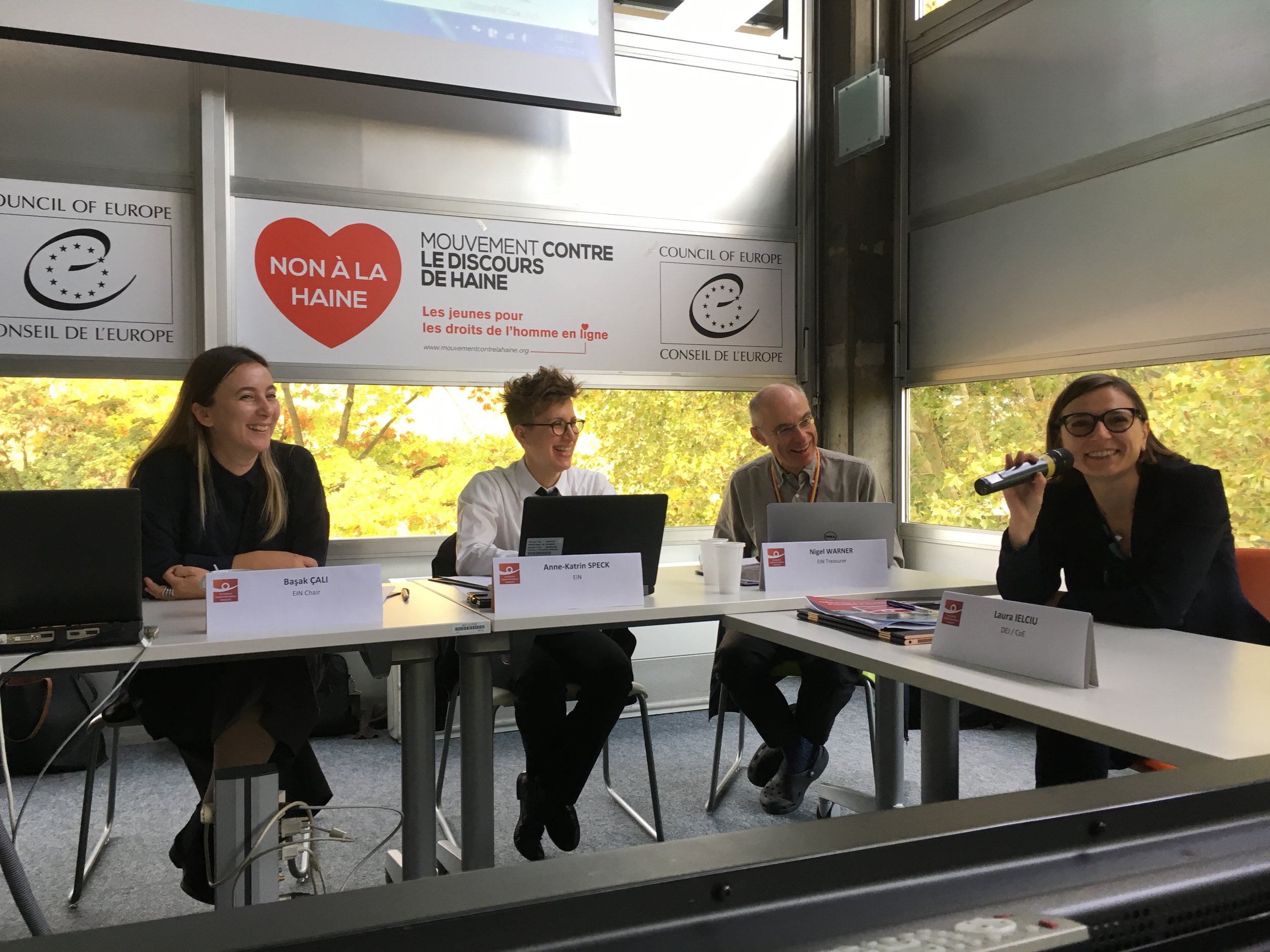
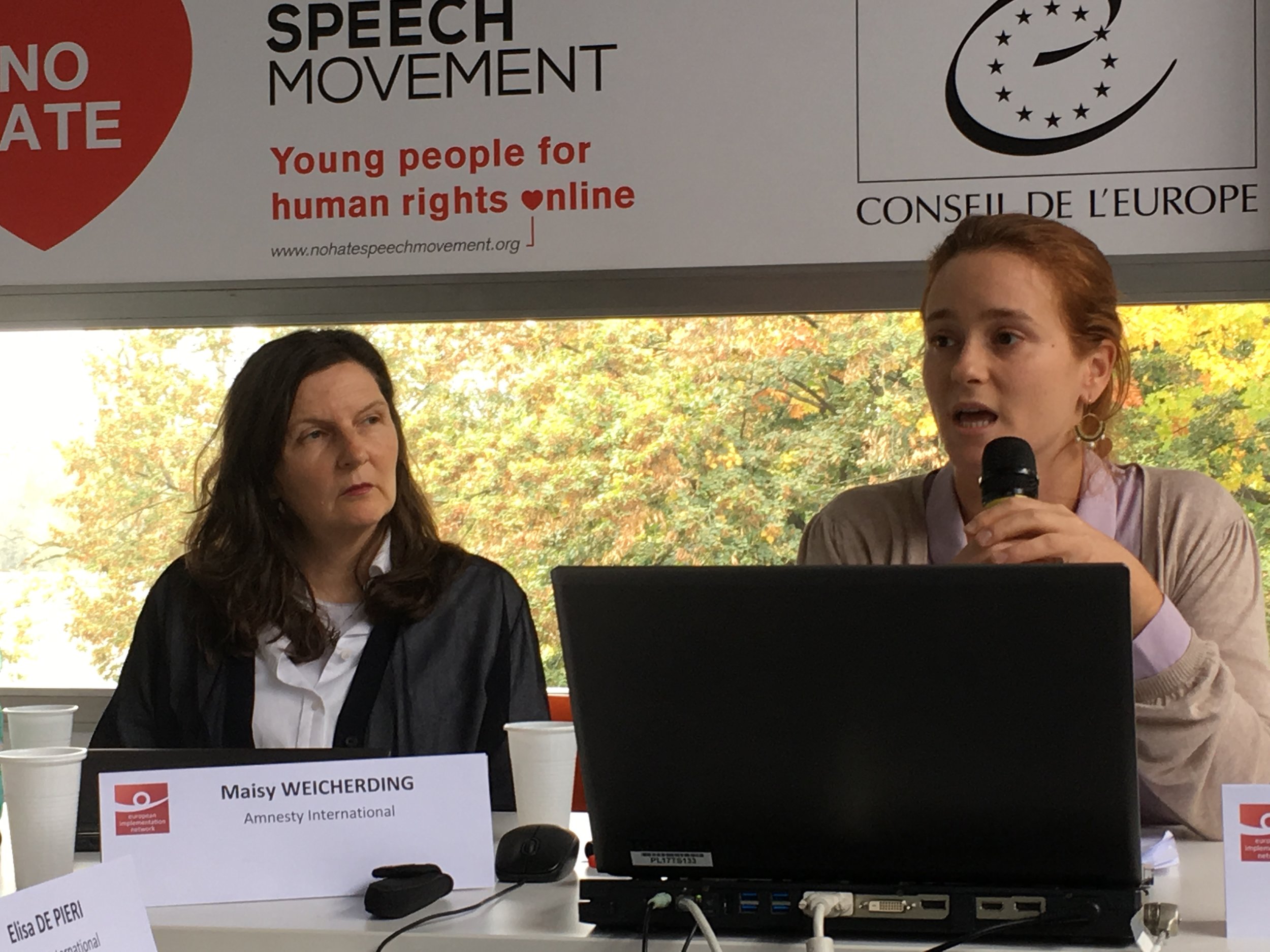
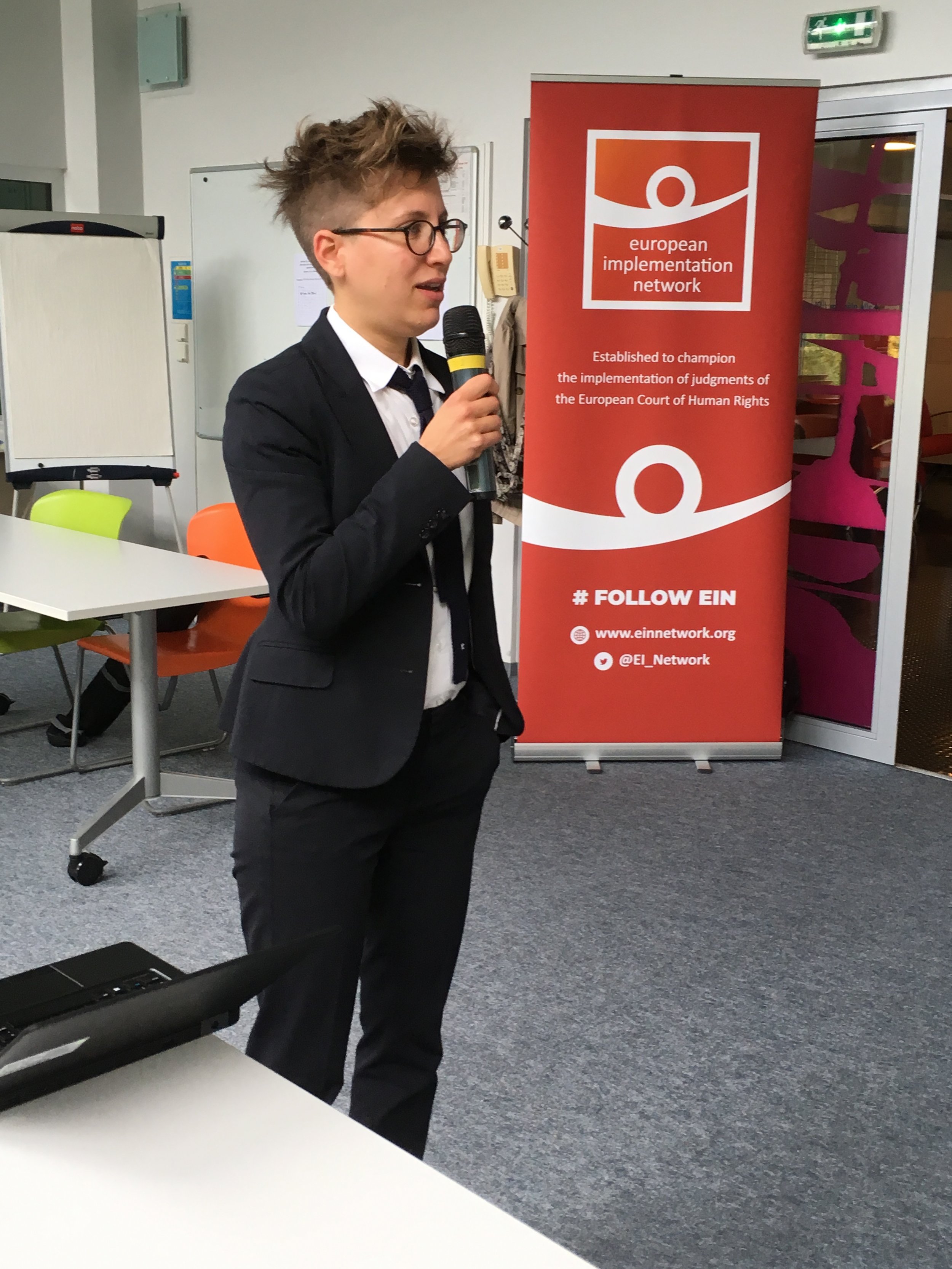
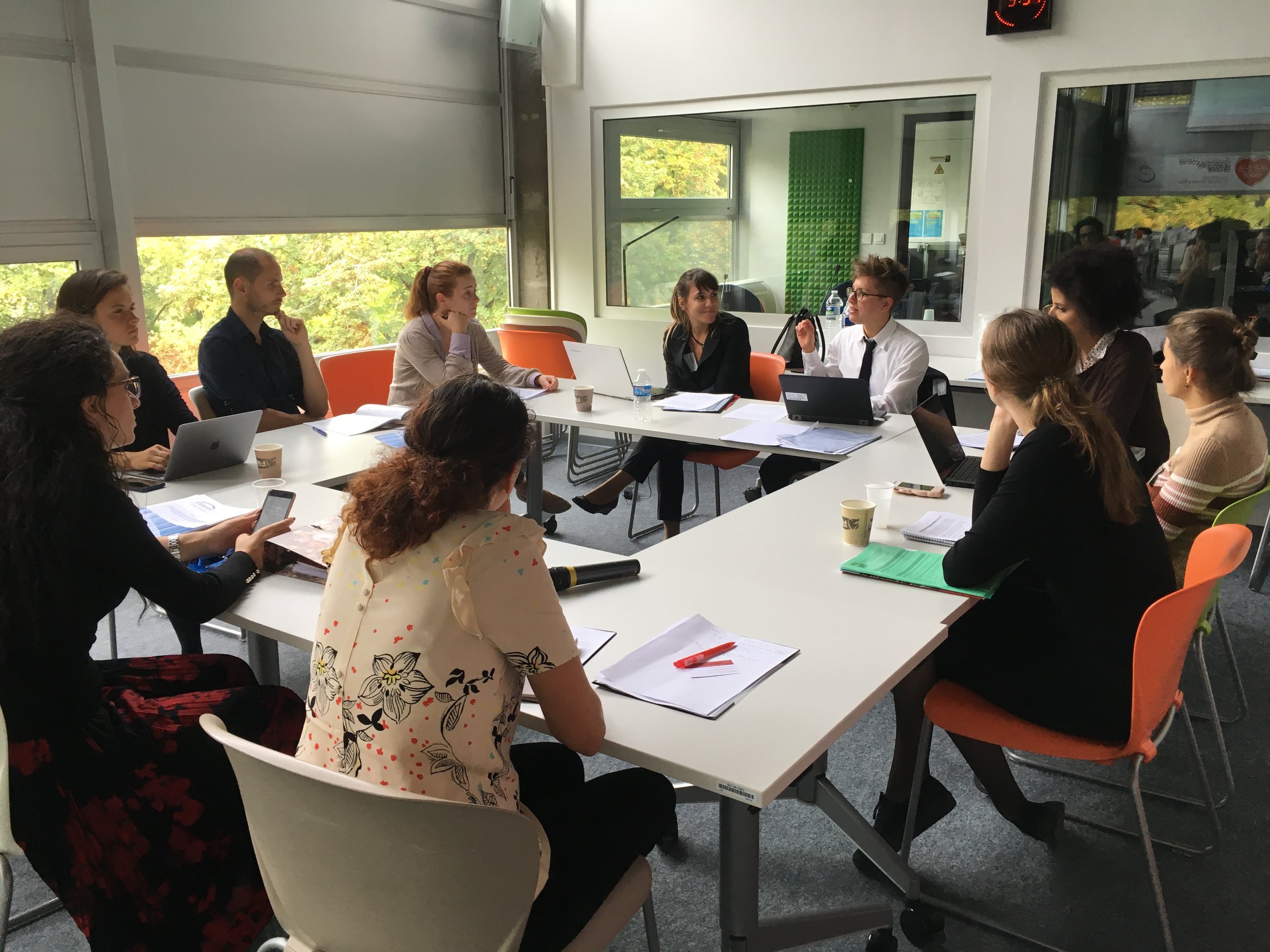
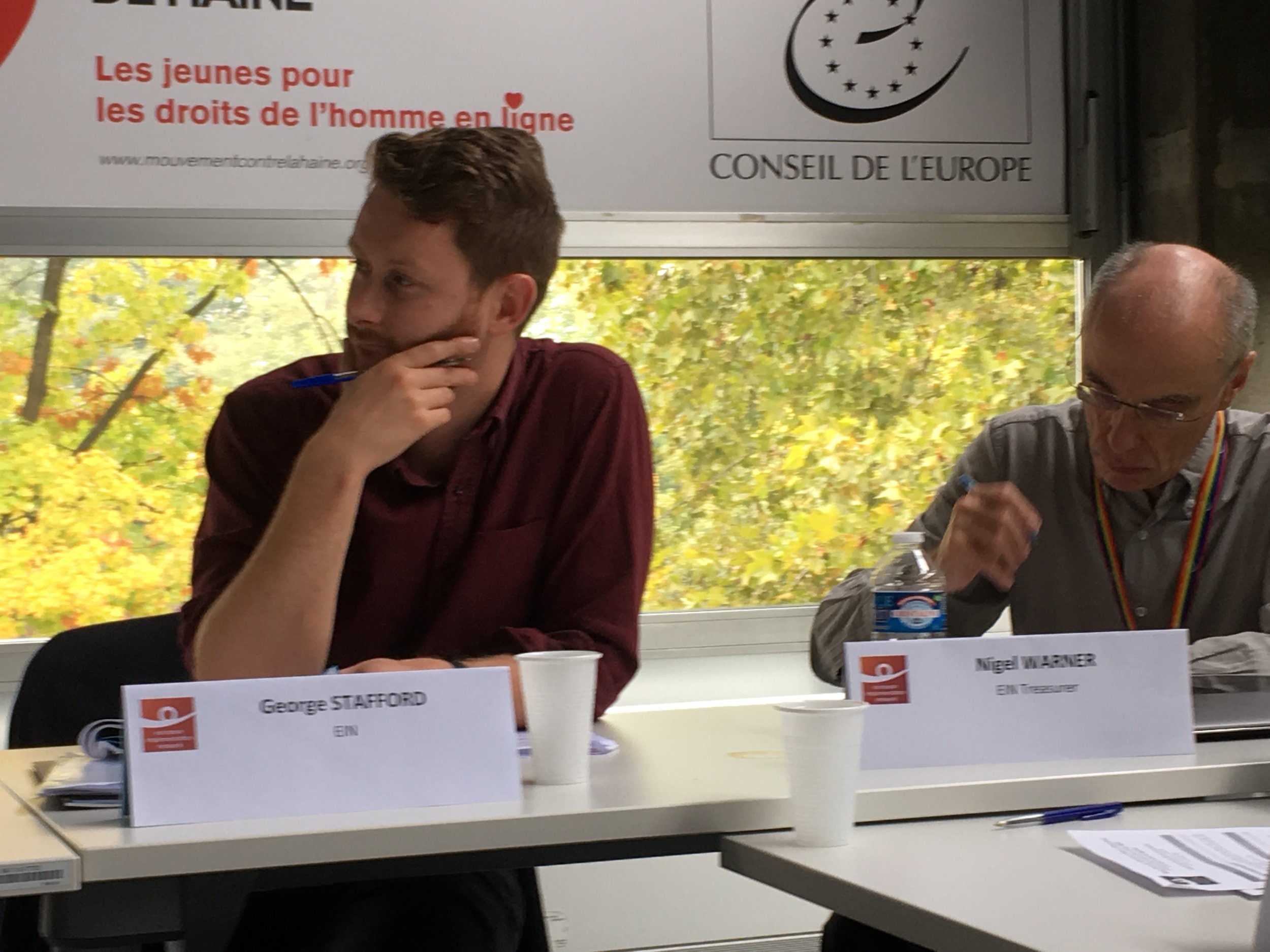
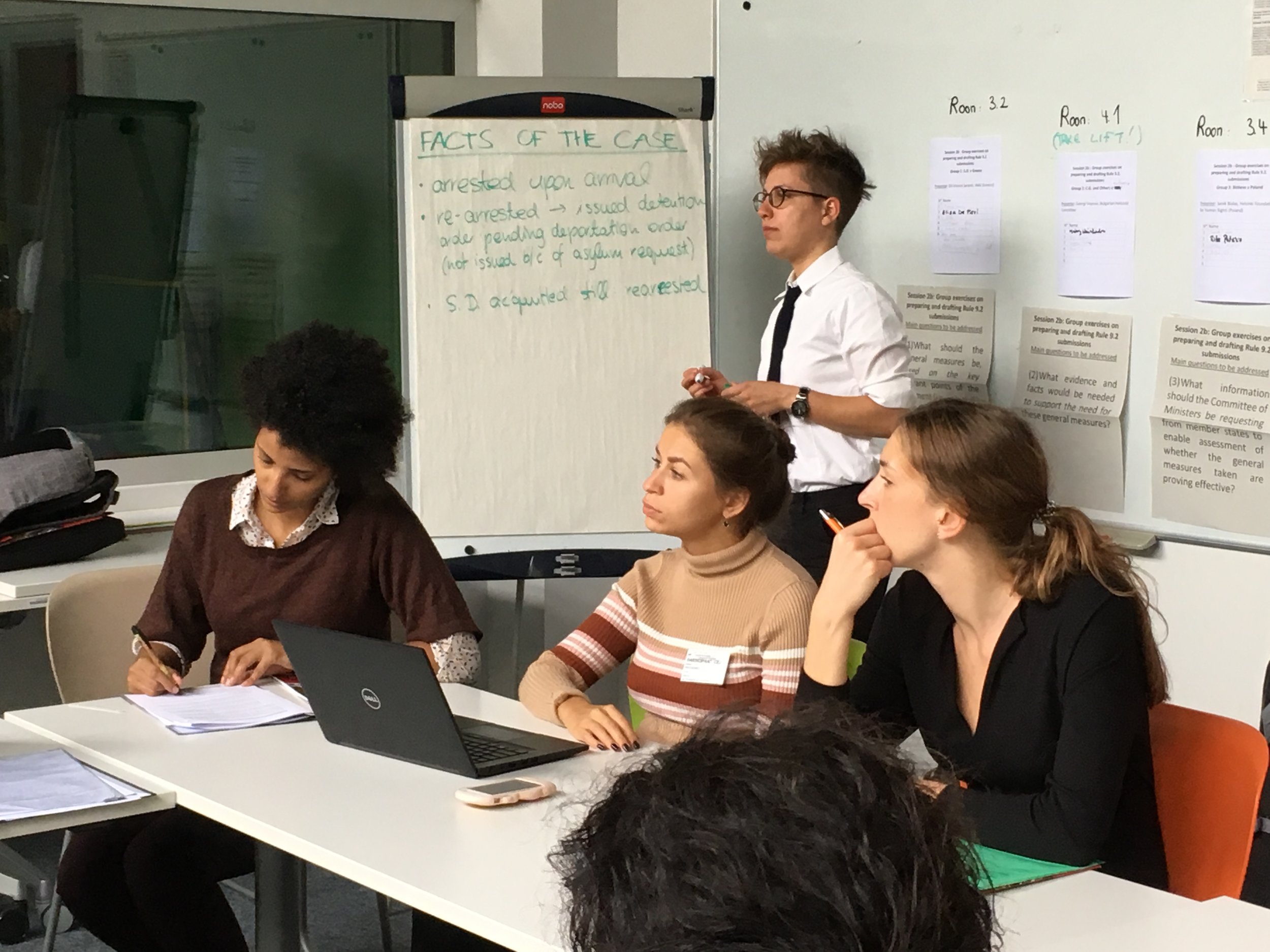
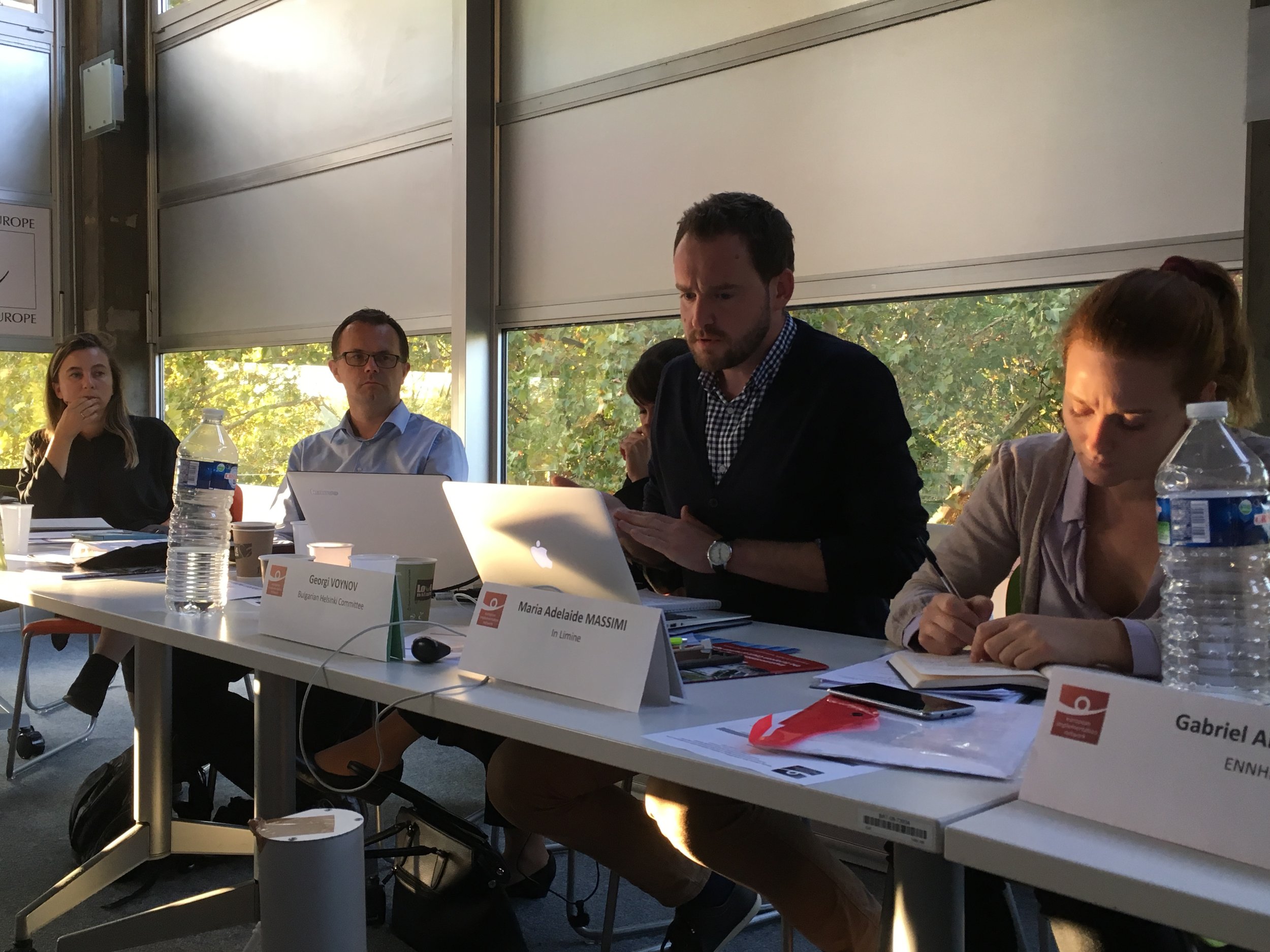
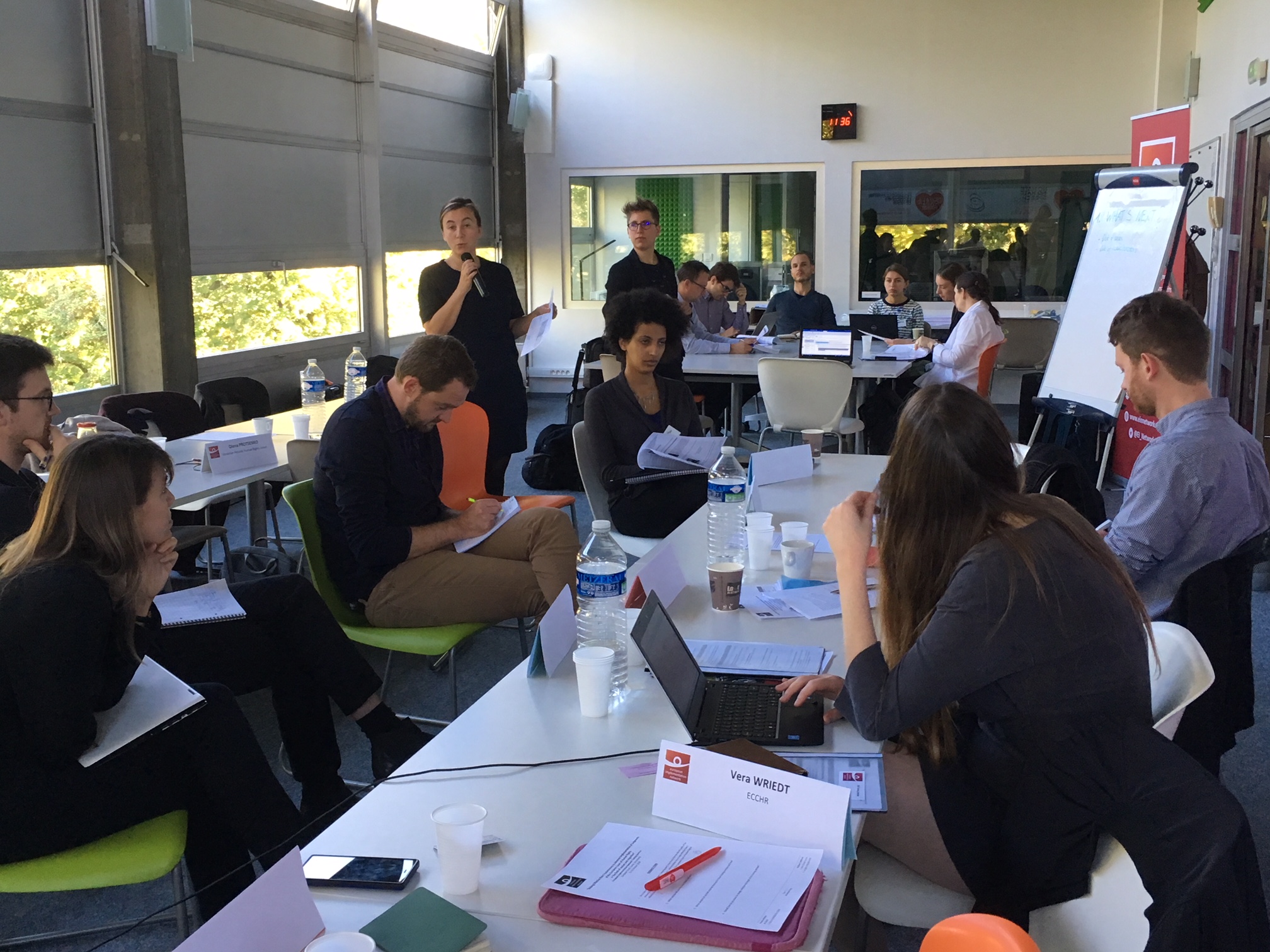
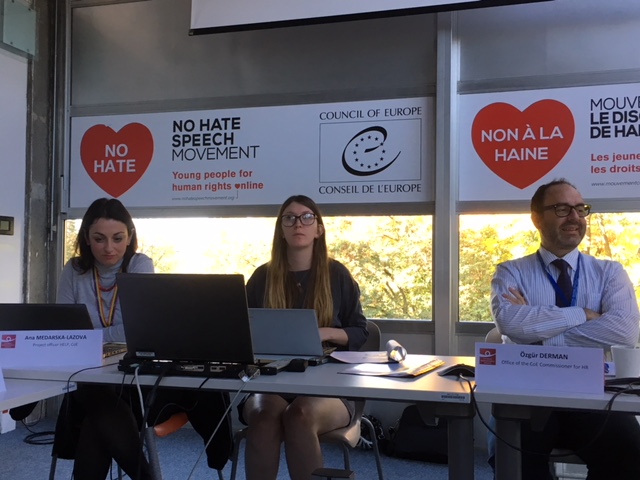
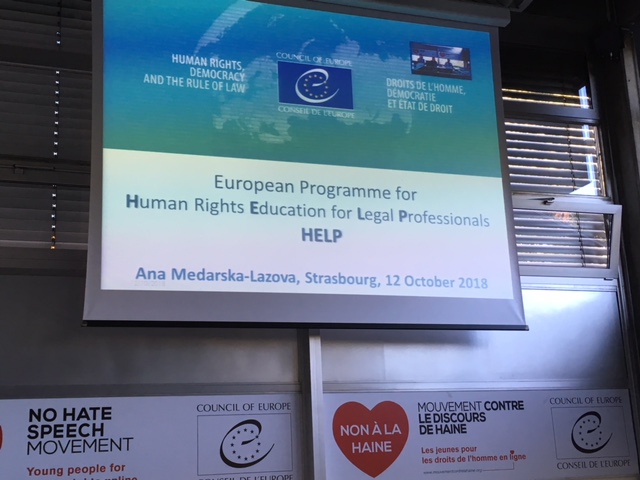
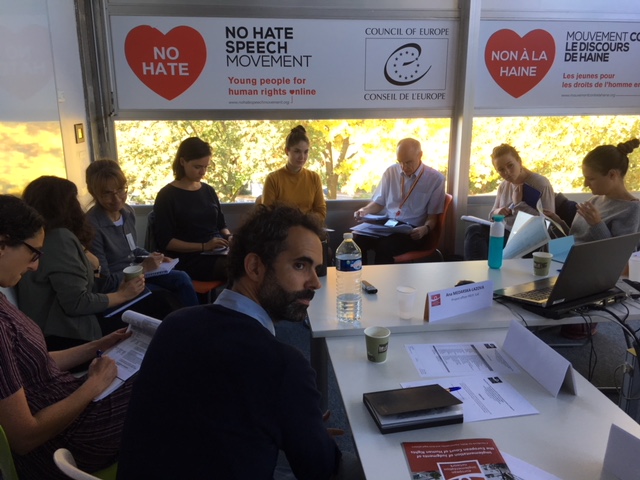
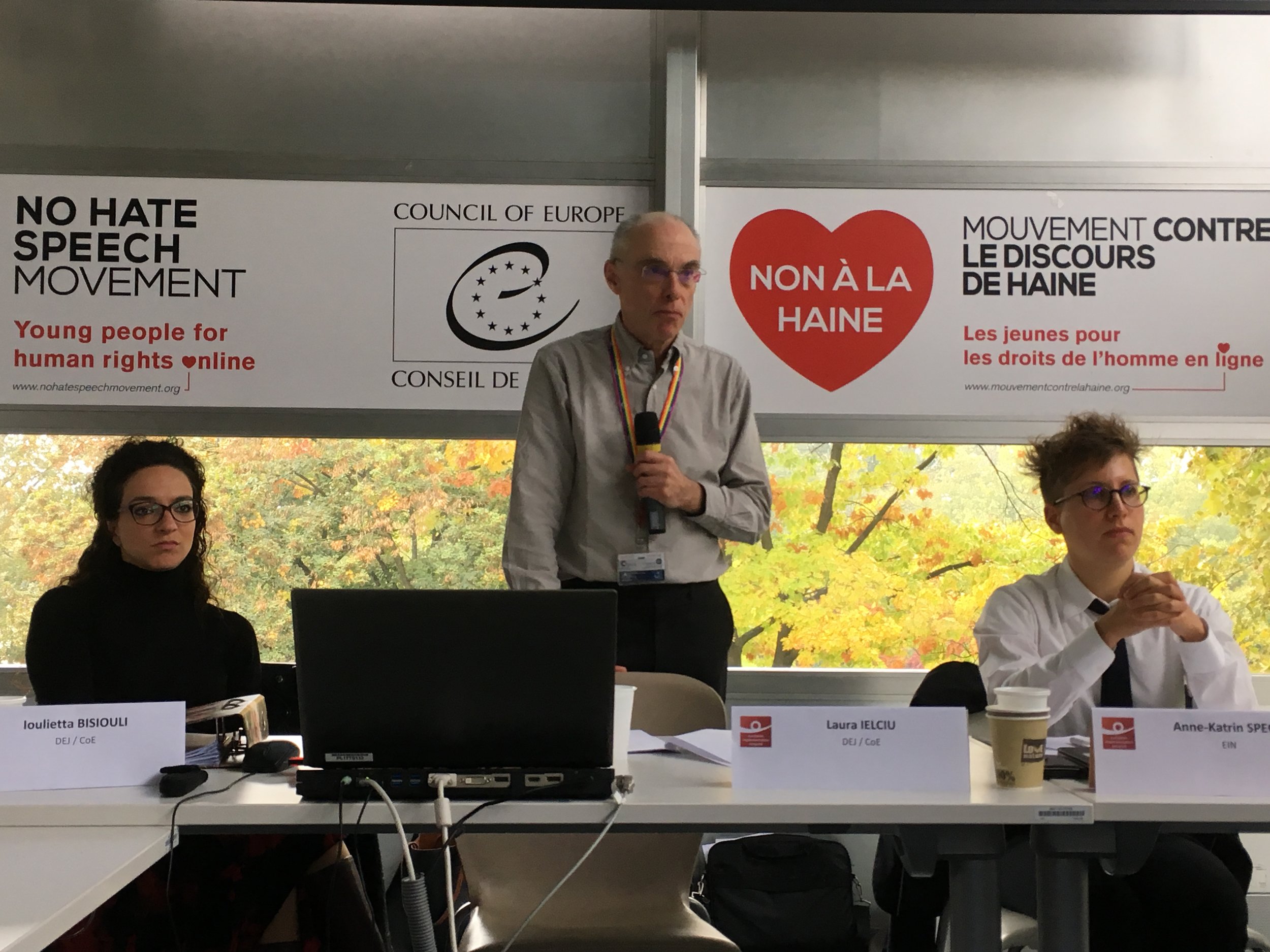
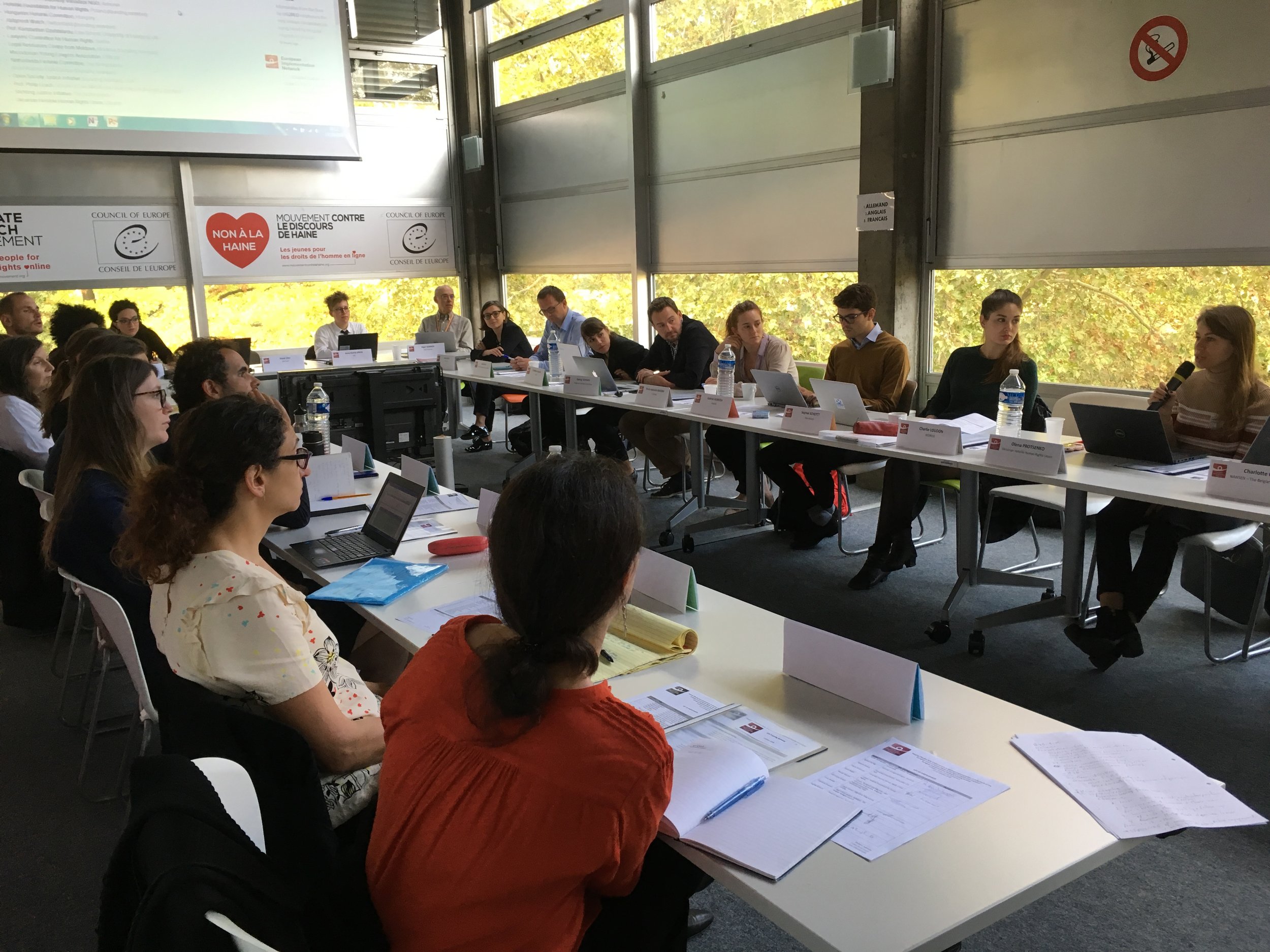
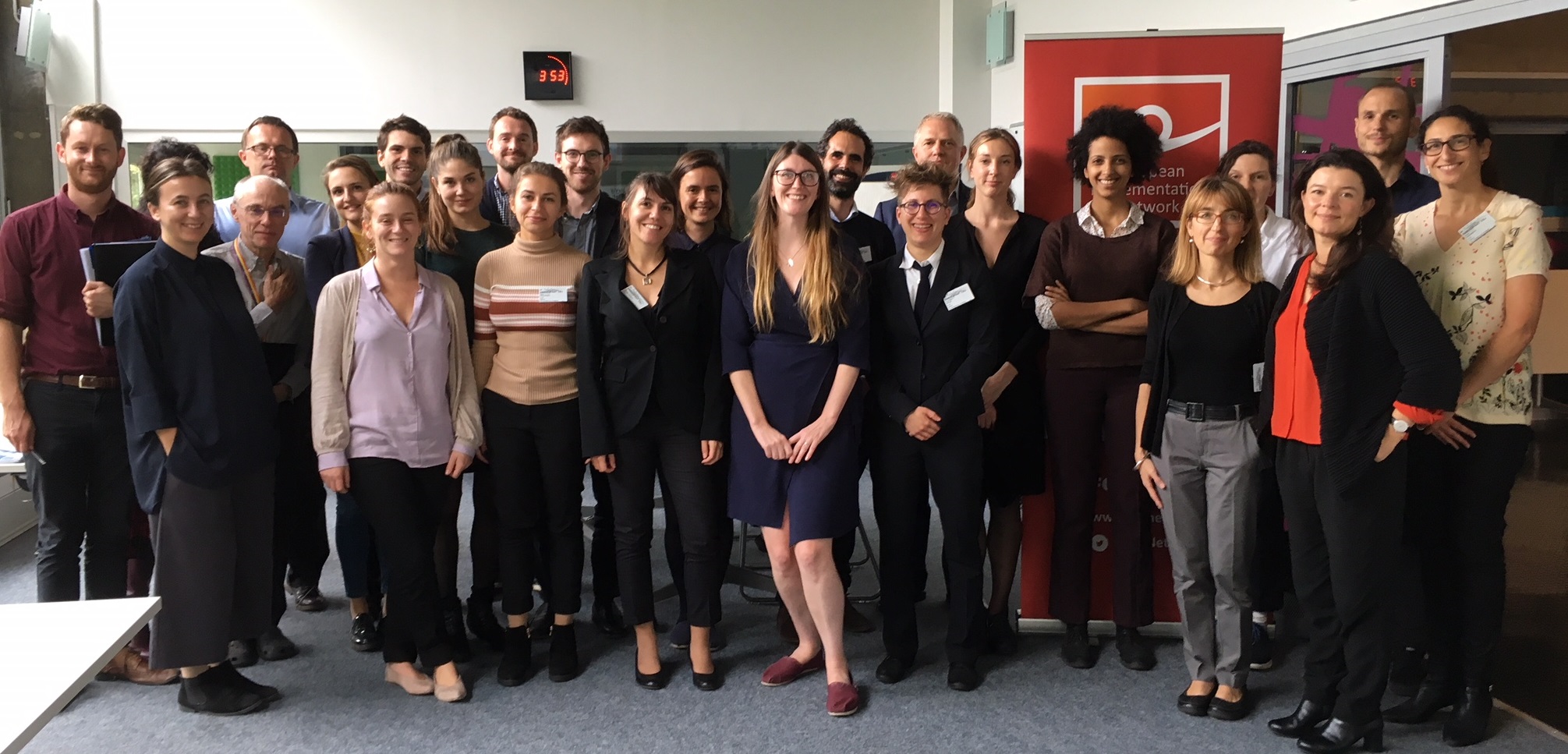
Photos: EIN






















